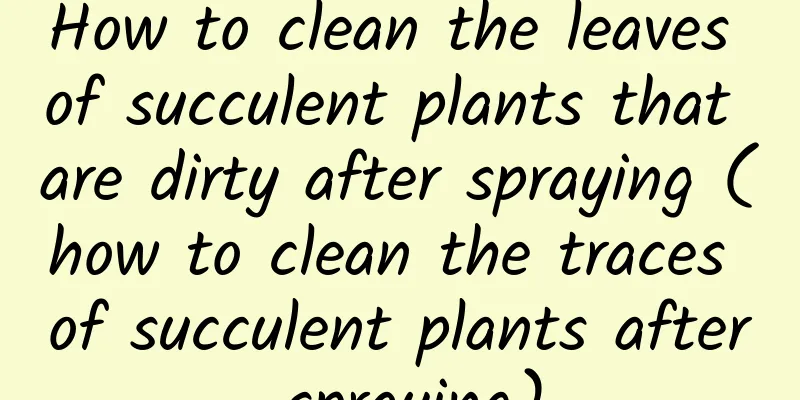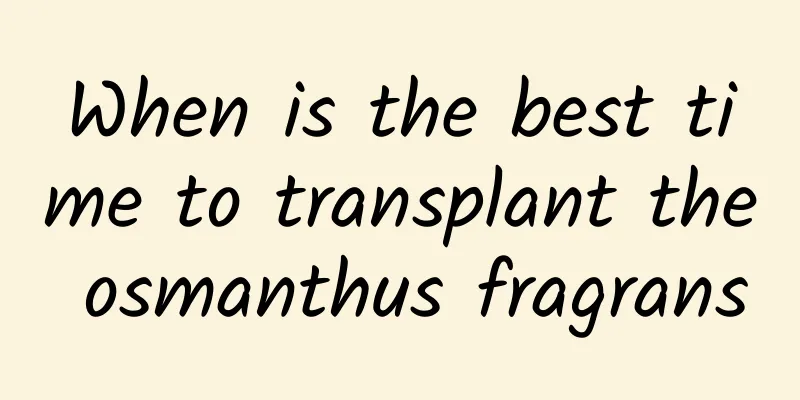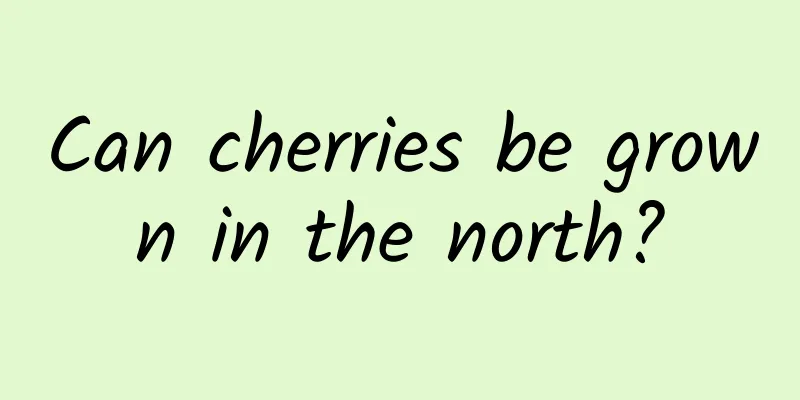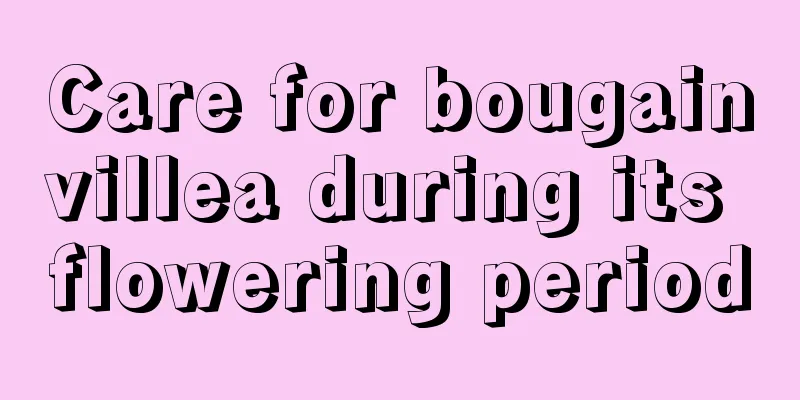How to clean the leaves of succulent plants that are dirty after spraying (how to clean the traces of succulent plants after spraying)

To avoid drug residues in succulents, pay attention to these(1) Standardized use of fungicidesDifferent fungicides are suitable for different diseases. Protective fungicides can be appropriately used for superficial fungal and mold infections and to prevent powdery mildew, sooty mold, etc. during the rainy season. However, for black rot, powdery mildew, and downy mildew that have already occurred, it is best to use systemic fungicides, irrigate the roots and spray the leaves to quickly kill the pathogens and avoid cross infection. (2) Use reasonable dosageWhen using fungicides, the higher the concentration, the better. In addition to using them reasonably according to standard dosages, you should also pay attention to related matters such as the time interval between uses and whether they can be used at the same time with other agents to avoid pesticide damage. (3) Do not abuse fungicidesWith the convenience of online shopping, fungicides such as carbendazim, thiophanate-methyl and mancozeb are basically given as free gifts when purchasing flower seedlings, bulbs and succulent seedlings, which indirectly leads to their easy abuse. Reducing unnecessary abuse can also reduce the occurrence of drug damage and drug residues. How to remove the residual medicine marks on the leaves of succulentsIt is normal for some traces of medicine to remain on the surface of succulent leaves during the effective period and no special treatment is required. For succulents that have recovered, if there are still traces of medicine on the leaf surface, you can change watering to spraying. After multiple dilutions, the traces on the leaf surface will generally fade slowly. Secondly, you can also keep the succulents outdoors for a period of time and let them get some rain. The slightly acidic rain water can also dilute the drug stains remaining on the surface of the succulent leaves. Increase light and create temperature differences to allow succulents to color quickly. When the leaves of succulents become brighter and the white powder on the surface of the leaves becomes noticeably thicker, the marks of residual chemicals will be less obvious. In case of more serious drug damage, if there are other adverse symptoms such as drug spots in addition to drug stains, the plants can also be beheaded. This is because succulents are different from other potted plants. They will grow side buds soon after beheading, which basically does not affect their continued survival. |
<<: Why can't you water succulents too much (what will happen if you water succulents too much)
Recommend
How many days does it take for coriander to germinate?
Coriander , famous for its unique aroma and taste...
What flowers are suitable for growing in Hanzhong? What are the city flowers and trees?
1. Climate characteristics of Hanzhong Hanzhong h...
How to prune forsythia
When to prune forsythia It is more appropriate to...
Can I grow roses at home?
Can I grow roses at home? It is okay to plant ros...
How are chives grown?
Chinese chives are a kind of vegetable formed by ...
The role and efficacy of tiger lily
1. For people to enjoy It is an evergreen plant w...
When is the right time to sow succulents?
Suitable time for sowing succulents Succulents ar...
Growing flowers is like cutting leeks. After cutting them, new sprouts will appear. The leaves are as big as a palm and can climb up the wall!
Cut the spider plant with a knife and new leaves ...
Precautions for the Weeping Guanyin potted plant
Precautions Stem The stem tissue of the weeping a...
Is the red Bianhua poisonous? Is the red Bianhua precious?
1. Is it poisonous? Red spider lily is poisonous....
The main effects and value of calla lily
1. Treatment of summer heat cold Before calla lil...
How to quickly root green radish cuttings (green radish cuttings method and care tips)
How to make the cuttings of green radish take roo...
Where is the best place to plant winter melon and what kind of soil is suitable for planting it?
Winter melon planting area Winter melon can be pl...
How to graft big-leaf banyan onto small-leaf banyan
1. Root Before grafting small-leaf banyan onto la...
How to plant dragon fruit seedlings
1. Prepare the soil Prepare a container with good...









